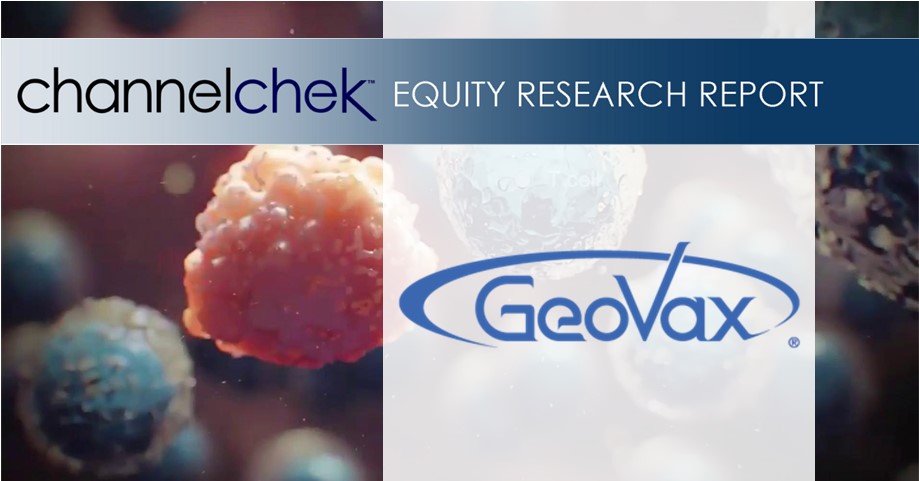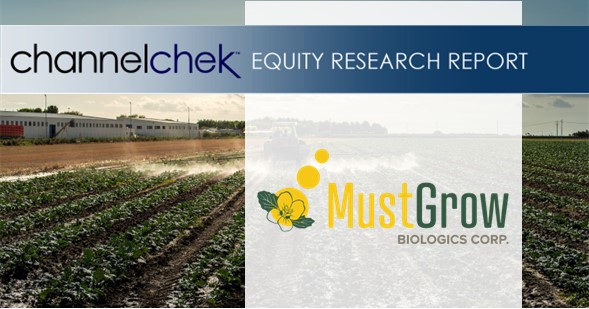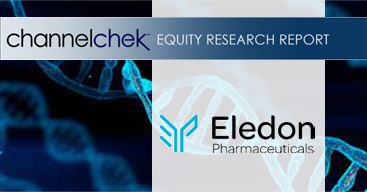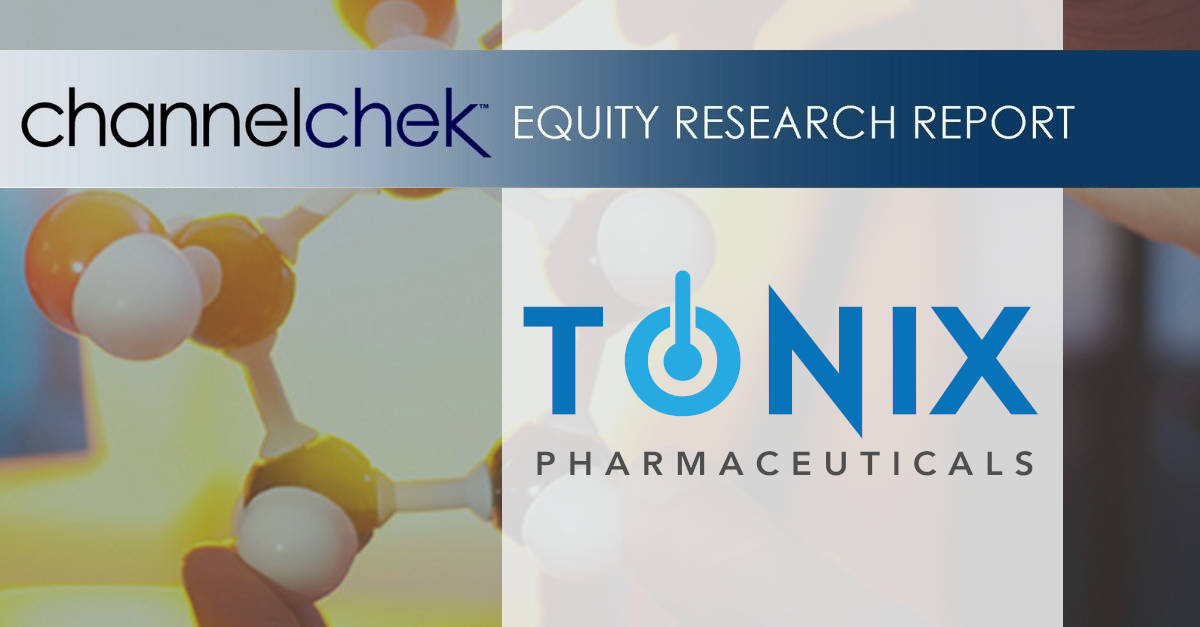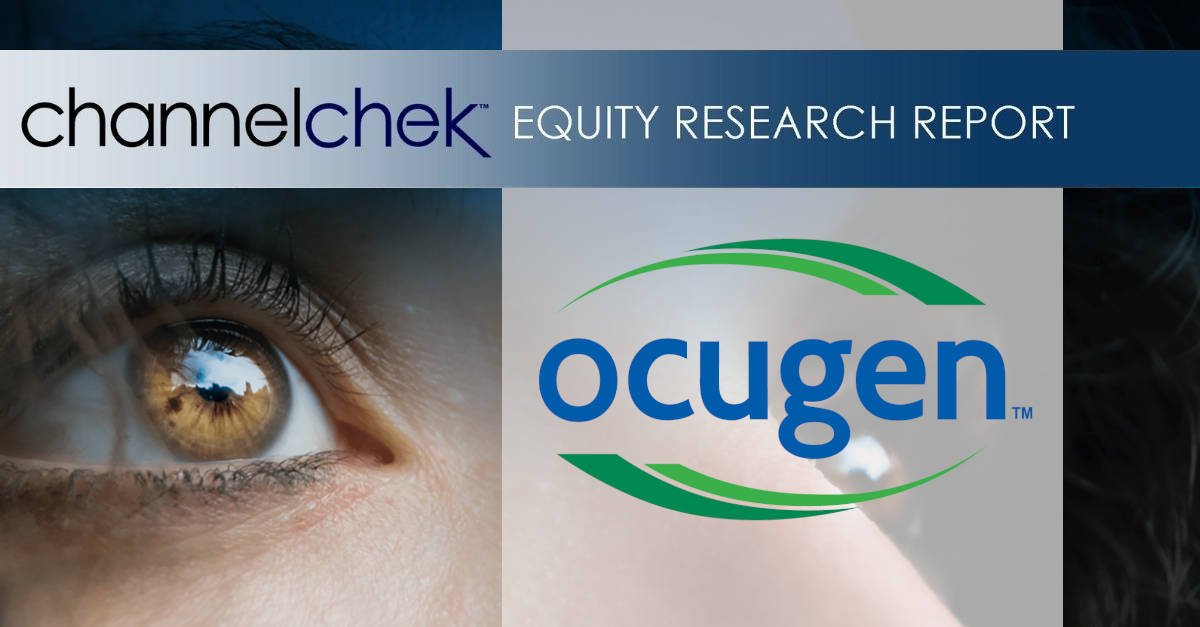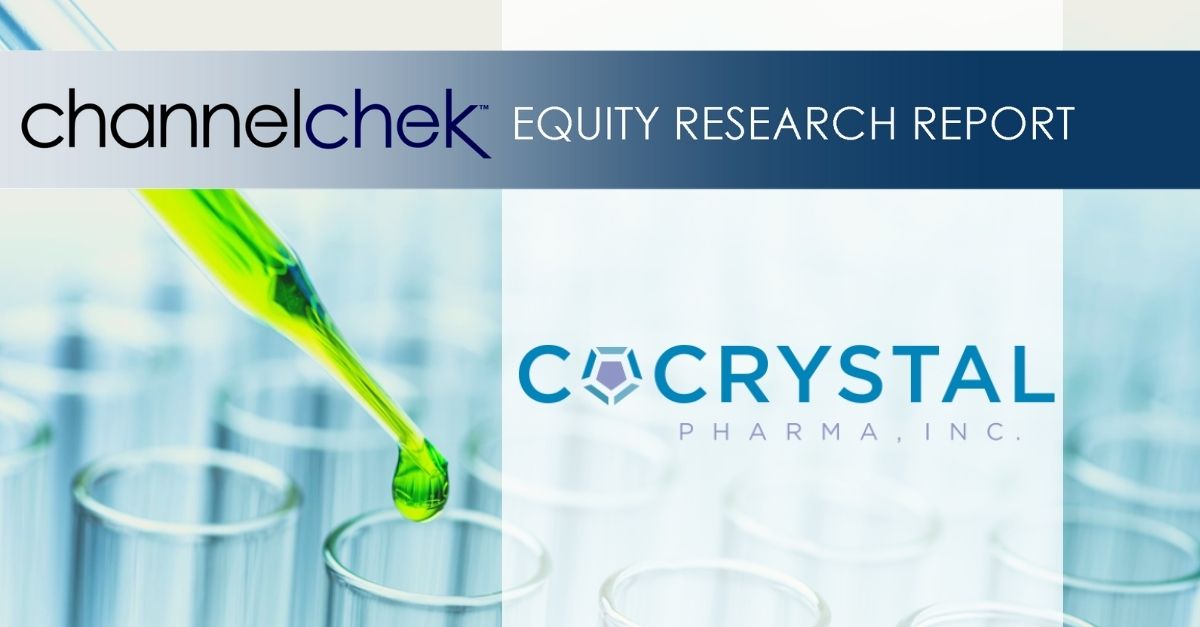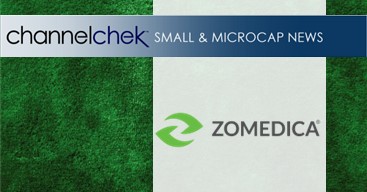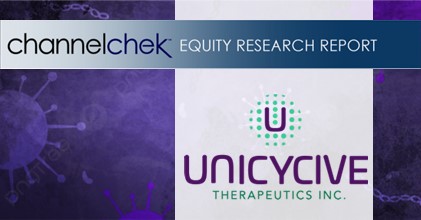News Research and Market Data on ZOM
Zomedica will sponsor a variety of high-profile events within the USEA
ANN ARBOR, MI / ACCESSWIRE / July 17, 2024 / Zomedica Corp. (NYSE American:ZOM) (“Zomedica” or the “Company”), a veterinary health company offering point-of-care diagnostics and therapeutic products for equine and companion animals, is honored to announce that the United States Eventing Association, Inc. (USEA), a leading equestrian sports organization, has named PulseVet as the “Official Shock Wave of the USEA” for 2024. As part of its partnership with the USEA, PulseVet Shock Wave is also a “Gold Sponsor” of the USEA American Eventing Championships, “Bronze Sponsor” of the USEA Classic Series, and “Contributing Sponsor” of the USEA EA21 Program, the USEA Annual Meeting and Convention, and the USEA Adult Team Championships.
Zomedica’s PulseVet system is a world leader in veterinary electro-hydraulic shock wave technology for the treatment of a wide variety of conditions in equine, canine, and feline patients. The high-energy sound waves stimulate cells and release healing growth factors in the body that reduce inflammation, increase blood flow, and accelerate bone and soft tissue development. PulseVet’s technology is used in conditions including tendon and ligament healing, bone healing, osteoarthritis, chronic pain, and wound healing.
Zomedica CEO Larry Heaton commented, “We are excited to engage with USEA as the Official Shock Wave of their organization. Zomedica is committed to helping veterinarians provide the best possible care for horses at every level of training and competition, from rehabilitation to maintaining peak performance.”
“We are grateful to Zomedica for partnering with U.S. Eventing as its newest sponsor. Keeping our equine partners healthy and happy is a top priority, and we are thankful to have a brand committed to the same goals. Our event horses are a part of the family, and we are glad that the PulseVet shock wave device is focused on keeping them in top shape,” stated USEA CEO Rob Burk.
“As a long-time member, I am thrilled to partner with the USEA and help educate all those who enjoy the sport of eventing,” Zomedica’s Senior Product Manager of Therapeutics, Courtney Calnan, commented. “Eventing requires our equine teammates to be an ultimate athlete. I’m excited for the members of USEA to learn how the PulseVet system can help their partners feel their best.”
PulseVet’s electro-hydraulic shock wave technology has been clinically proven to treat tendon, ligament, and muscle injuries; osteoarthritis; degenerative joint disease; navicular syndrome; chronic back and neck pain; fractures; and wounds. Electro-hydraulic shock wave continues to be the most researched type of shock wave in the veterinary industry. The total addressable market for PulseVet devices in the US is estimated at $1 billion, with additional recurring revenue of $150 million annually for related consumables.
About the United States Eventing Association
The USEA is a non-profit 501(c)(3) educational organization committed to providing eventing enthusiasts with a competitive level suited to their individual skills. By assisting and educating competitors, event organizers, and officials; maintaining responsible safety standards; and registering qualified competitions and clinics, the USEA offers a strong and continuous training opportunity for an ever-expanding field of world-class competitors. Just as importantly, the USEA provides a means for all riders, regardless of age or ability, to experience the thrill of eventing. To learn more, visit www.useventing.com.
About Zomedica
Zomedica is a leading equine and companion animal healthcare company dedicated to improving animal health by providing veterinarians innovative therapeutic and diagnostic solutions. Our gold standard PulseVet® shock wave system, which accelerates healing in musculoskeletal conditions, has transformed veterinary therapeutics. Our suite of products also includes the Assisi® Loop line of therapeutic devices and the TRUFORMA® diagnostic platform, the TRUVIEW™ digital cytology system, and the VetGuardian® no-touch monitoring system, all designed to empower veterinarians to provide top-tier care. In the aggregate, their total addressable market in the U.S. exceeds $2 billion. Headquartered in Michigan, Zomedica employs approximately 150 people and manufactures and distributes its products from its world-class facilities in Georgia and Minnesota. An NYSE American company, Zomedica grew revenue 33% in 2023 to $25 million and maintains a strong balance sheet with approximately $91 million in liquidity as of March 31, 2024. Zomedica is advancing its product offerings, leveraging strategic acquisitions, and expanding internationally as we work to enhance the quality of care for pets, increase pet parent satisfaction, and improve the workflow, cash flow and profitability of veterinary practices. For more information visit www.zomedica.com.
Follow Zomedica
Cautionary Note Regarding Forward-Looking Statements
Except for statements of historical fact, this news release contains certain “forward-looking information” or “forward-looking statements” (collectively, “forward-looking information”) within the meaning of applicable securities law. Forward-looking information is frequently characterized by words such as “plan”, “expect”, “project”, “intend”, “believe”, “anticipate”, “estimate” and other similar words, or statements that certain events or conditions “may” or “will” occur and include statements relating to our expectations regarding future results. Although we believe that the expectations reflected in the forward-looking information are reasonable, there can be no assurance that such expectations will prove to be correct. We cannot guarantee future results, performance, or achievements. Consequently, there is no representation that the actual results achieved will be the same, in whole or in part, as those set out in the forward-looking information.
Forward-looking information is based on the opinions and estimates of management at the date the statements are made, including assumptions with respect to economic growth, demand for the Company’s products, the Company’s ability to produce and sell its products, sufficiency of our budgeted capital and operating expenditures, the satisfaction by our strategic partners of their obligations under our commercial agreements, our ability to realize upon our business plans and cost control efforts and the impact of COVID-19 on our business, results and financial condition.
Our forward-looking information is subject to a variety of risks and uncertainties and other factors that could cause actual events or results to differ materially from those anticipated in the forward-looking information. Some of the risks and other factors that could cause the results to differ materially from those expressed in the forward-looking information include, but are not limited to: the expected market and Zomedica’s share of such market, continued growth of sales, the outcome of clinical studies, the application of generally accepted accounting principles, which are highly complex and involve many subjective assumptions, estimates, and judgments, uncertainty as to whether our strategies and business plans will yield the expected benefits; uncertainty as to the timing and results of development work including the development of new cartridges; uncertainty as to the timing and results of verification and validation studies; uncertainty as to the timing and results of commercialization efforts, as well as the cost of commercialization efforts, including the cost to develop an internal sales force and manage our growth; uncertainty as to our ability to successfully integrate acquisitions; uncertainty as to our ability to supply products in response to customer demand; uncertainty as to the likelihood and timing of any required regulatory approvals, or other requirements for our products in the Middle East, Africa and India, and the availability and cost of capital; the ability to identify and develop and achieve commercial success for new products and technologies; veterinary acceptance of our products, particularly in the Middle East, Africa and India; competition from related products; the level of expenditures necessary to maintain and improve the quality of products and services; changes in technology and changes in laws and regulations; our ability to secure and maintain strategic relationships; performance by our strategic partners of their obligations under our commercial agreements, including product manufacturing obligations; risks pertaining to permits and licensing, intellectual property infringement risks, risks relating to any required clinical trials and regulatory approvals, risks relating to the safety and efficacy of our products, the use of our products, intellectual property protection, risks related to the COVID-19 pandemic and its impact upon our business operations generally, including our ability to develop and commercialize our products, and the other risk factors disclosed in our filings with the SEC and under our profile on SEDAR+ at www.sedarplus.com. Readers are cautioned that this list of risk factors should not be construed as exhaustive.
The forward-looking information contained in this news release is expressly qualified by this cautionary statement. We undertake no duty to update any of the forward-looking information to conform such information to actual results or to changes in our expectations except as otherwise required by applicable securities legislation. Readers are cautioned not to place undue reliance on forward-looking information.
Investor Relations Contact:
Zomedica Investor Relations
investors@zomedica.com
1-734-369-2555
SOURCE: Zomedica Corp.

